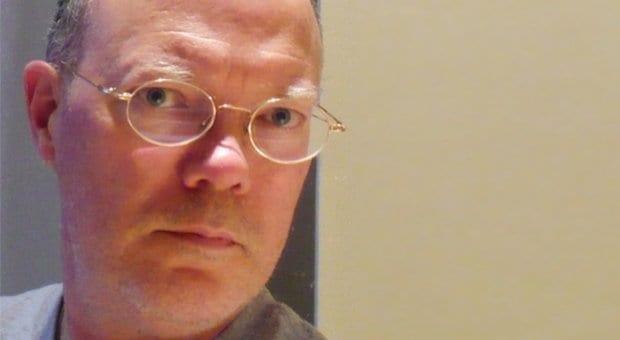To celebrate Xtra’s 30 years of publishing in Toronto, we’re running a series of memories and musings from community members, current staff, writers and former staff members.
I can’t say I’ve been an avid or extensive traveller in my life. If I get on a plane it’s usually to visit a handful of friends in foreign places or do research for a writing project. Starting about 14 years ago, I began a series of trips to the Balkan lands once known as Yugoslavia.
That first trip in 2000 presented me with a young man hitchhiking on a rural Bosnian roadside. Even before he got in the car I was 90 percent sure he was gay. Once he was sitting beside me, the shared vibe was unmistakable. As we improvised a lively chat in our minimal facility with each other’s language, he invited me to visit his grandmother in their nearby village. That encounter began my first glimpses of what “gay” means in a place where the only word for it in general use is peder — as in child molester.
Our community is spread across the world, but that world is very often not our friend. Choose anyplace anywhere and we’re there, scattered like raisins embedded in a vast cake, our very existence and self-acceptance threatened by heteronormative families and cultures, some fairly liberal, others ranging from censorious to downright horrific. It’s this universal embedding, while being isolated from one’s own kind, that makes sexual minorities unique. It’s also what makes reaching out to one another, knowing one another, so difficult — and so necessary.
Nine years after I met Damir on the roadside, Xtra editor David Walberg heard I was about to head off for three weeks in Bosnia. He urged me to write a piece. The timing was right. A handful of Bosnian activists had just managed the herculean and dangerous task of creating the first Queer Sarajevo Festival. The article became the first substantial appearance of Bosnian LGBT activism in Canadian media. More important, it was just a small part of a rapidly growing commitment to international coverage that has arguably made Xtra and dailyxtra.com the North American leader in global LGBT news.
Since 2000, stories and mentions of other countries and continents have surged hugely in the pages of Xtra, in print and online. Managing editor Danny Glenwright has been a prime mover in this. To pull a few representative numbers: In 1999, we published only one reference to Russia. By 2010 we totted up nearly 100 for the year. In 2013, the year Putin glowered from the cover of Xtra, we had more than 200 articles about Russia or articles that mentioned it. African news items totalled 110 in 2013; the United Kingdom, 150. In the past five years, more than 1,500 articles have mentioned Africa, Russia and the UK.
Similar coverage of other countries, from Europe to Asia to South America, reflects Xtra’s ever-broadening horizons. The heartening trend underscores that among cultural differences, we remain one global LGBT community, in a multifaceted struggle to free our love — just as Toronto WorldPride will demonstrate this June.
Jim Bartley serves on the board of Pink Triangle Press. He made his debut with PTP as a news and occasional feature writer for The Body Politic in the 1980s. In 1998, he began 11 years as a books columnist for Xtra. He has served on the board of directors of PTP since 2001.
Read more about Xtra’s 30th anniversary.

 Why you can trust Xtra
Why you can trust Xtra


